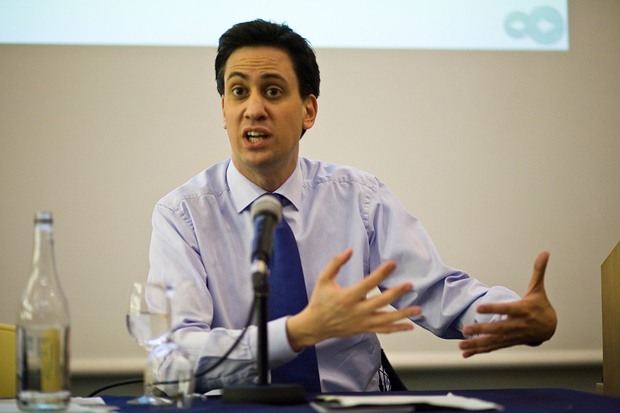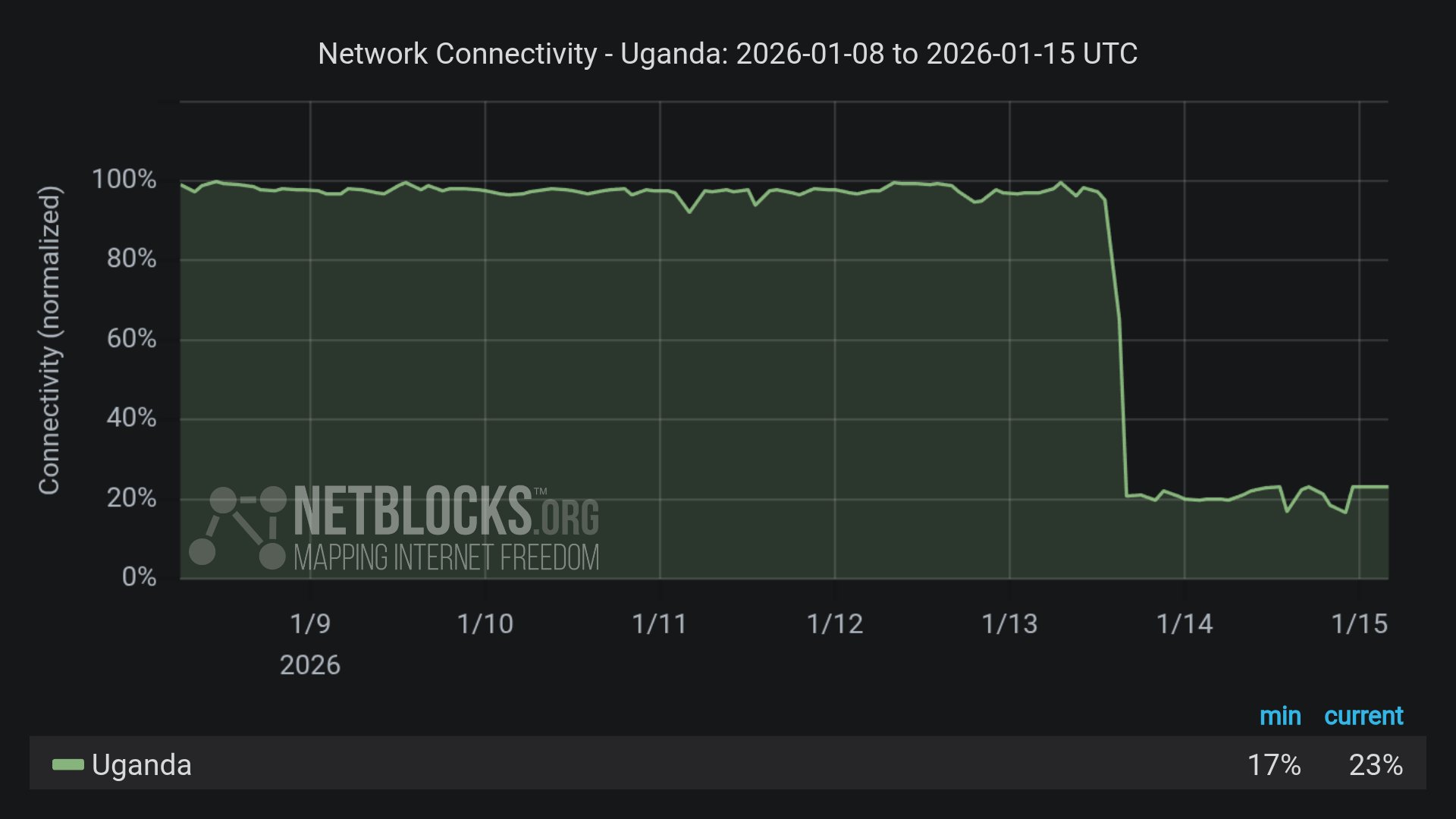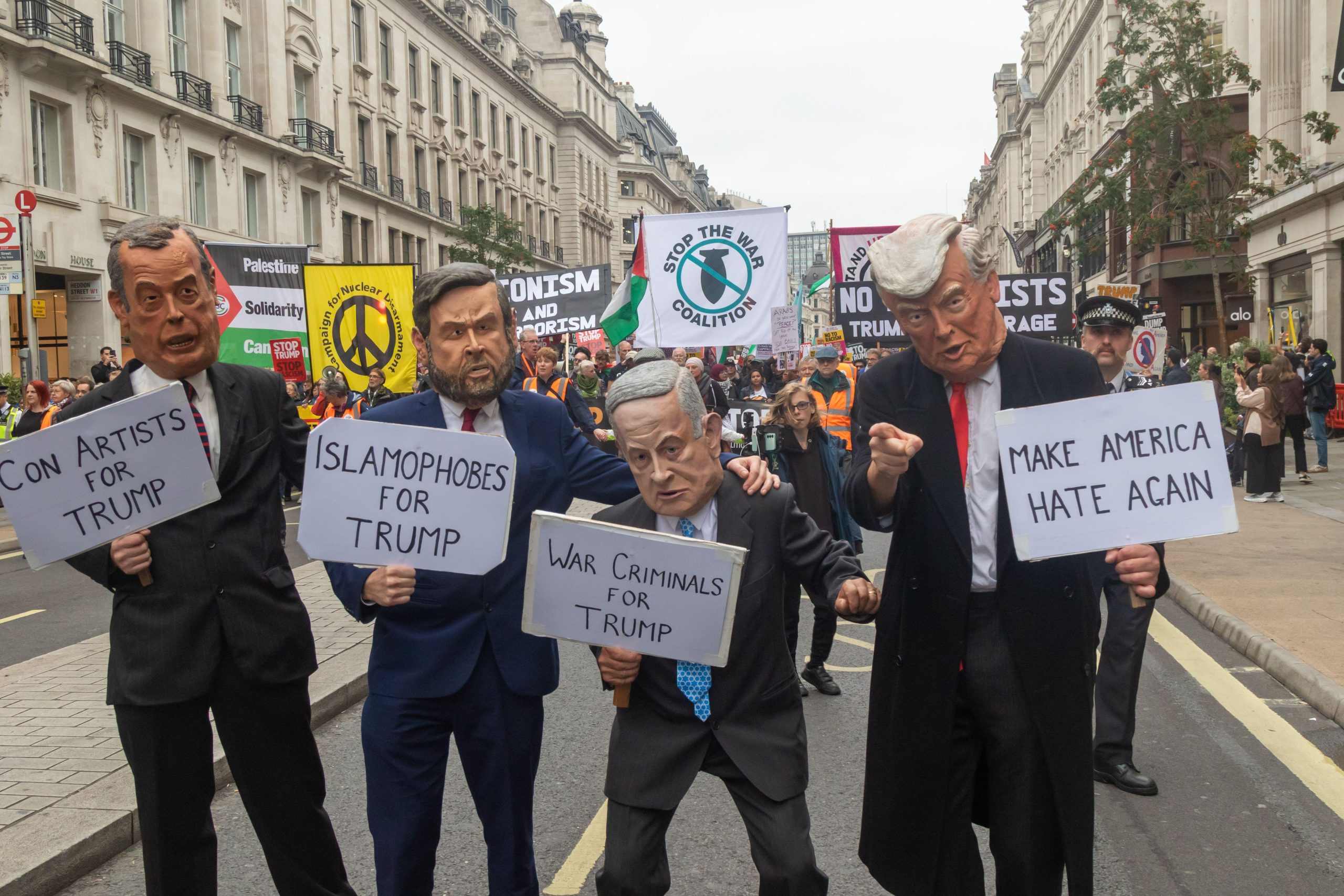
If you want to know what a party stands for, watch its leader’s speeches. But if you want to know what they’re going to do, read their proposed legislation.
It’s in the details that you learn what a party is all about. Ed Miliband has made several set-piece speeches promising a Labour commitment to civil liberties. But dig into the legislation they support and you find the same old attitudes, making the same old mistakes.
Backbench Labour MP Thomas Docherty has a private members bill going through the Commons today called the Armed Forces (Prevention Of Discrimination) Bill. It’s a shoddy piece of work. He wants assaults – verbal or physical – against members of the armed forces or their families to be treated as aggravated. And he wants them to be included in equality legislation prohibiting discrimination.
None of this should be worth mentioning. Backbench MPs have all sorts of embarrassing and reprehensible ideas, the majority of which never see the light of day. But this time Labour swung its weight behind the private members bill. Shadow defence secretary Vernon Coaker said the party would back Docherty’s efforts and demanded the government do the same.
Coaker was playing a game of chicken with the Ministry of Defence. It would win him a good write-up in the red-tops, a part of the press Labour is struggling to get any traction with. And he guessed that the fear of looking insufficiently supportive of ‘our boys’ would force defence secretary Phillip Hammond’s hand.
Had he considered what the proposals might actually entail for freedom of speech, Coaker might have thought again. But consideration and populism do not make good bedfellows.
The bill would blur the boundaries of discrimination, so that it no longer refers only to who you are, but what you do. This would be a massive legal change. No longer would discrimination law only apply to fundamental human qualities like sexuality or race, it would now be expanded to include commentary on what someone does in their working life.
It would do this in two ways. Firstly, it would expand the common use of aggravated assault from race and religion to membership of the armed forces. Secondly it would include membership of the armed forces under the Equality Act’s protections against discrimination in the provision of goods and services.
The ways in which this type of lazy lawmaking can be abused are not difficult to imagine.
Imagine the squaddies who enter a pub, loud, drunk and aggressive. Unfortunately, this is not rare. Recent Lancet research showed a strong correlation between aggressive behaviour in Britain and psychological trauma experienced in overseas theatres like Afghanistan and Iraq. This puts the barman in an unenviable position. If he allows them in, he risks violence. If he bars them, he is subject to prosecution under equality legislation.
Imagine the anti-war campaigner arguing with the squaddie about whichever conflict Britain is involved in at the time. How strenuous do his arguments have to be before we decide they constitute ‘verbal assault’? If he tells the squaddie that he spilled blood for oil? Or that soldiers are baby killers? The law threatens to criminalise anything but the most tepid and restrained anti-war argument.
Most importantly of all, what precedent does it set? How long will it be before other professions are entitled to protection under equality law? The police would follow the armed forces soon enough. And after them would come the MPs. It is not hard to imagine a situation in which a banker is attacked by a mob and politicians then include them in the blanket of extra legal rights.
Before we know it whole professions would enjoy much stronger legal protections than the rest of the population. The bill is a threat against the principle that all British subjects have equal rights and freedoms.
Mercifully, the government has not taken the bait. An MoD spokesperson told me they didn’t believe legislation was necessary, but that they were instead pursuing their voluntary ‘corporate covenant’ with the armed forces.
But Labour’s decision to swing its weight behind this dangerous bit of populism speaks volumes about the party’s approach to these issues. Despite Miliband’s high talk about civil liberties when he took the leadership of the party, it still appears to have the same crude, dismissive view of freedom of speech as it did under Tony Blair and Gordon Brown.
It’s the same old deal. They are willing to trade away British legal standards in exchange for a good write-up in the Sun.
This article was posted on 24 January 2014 at indexoncensorship.org




